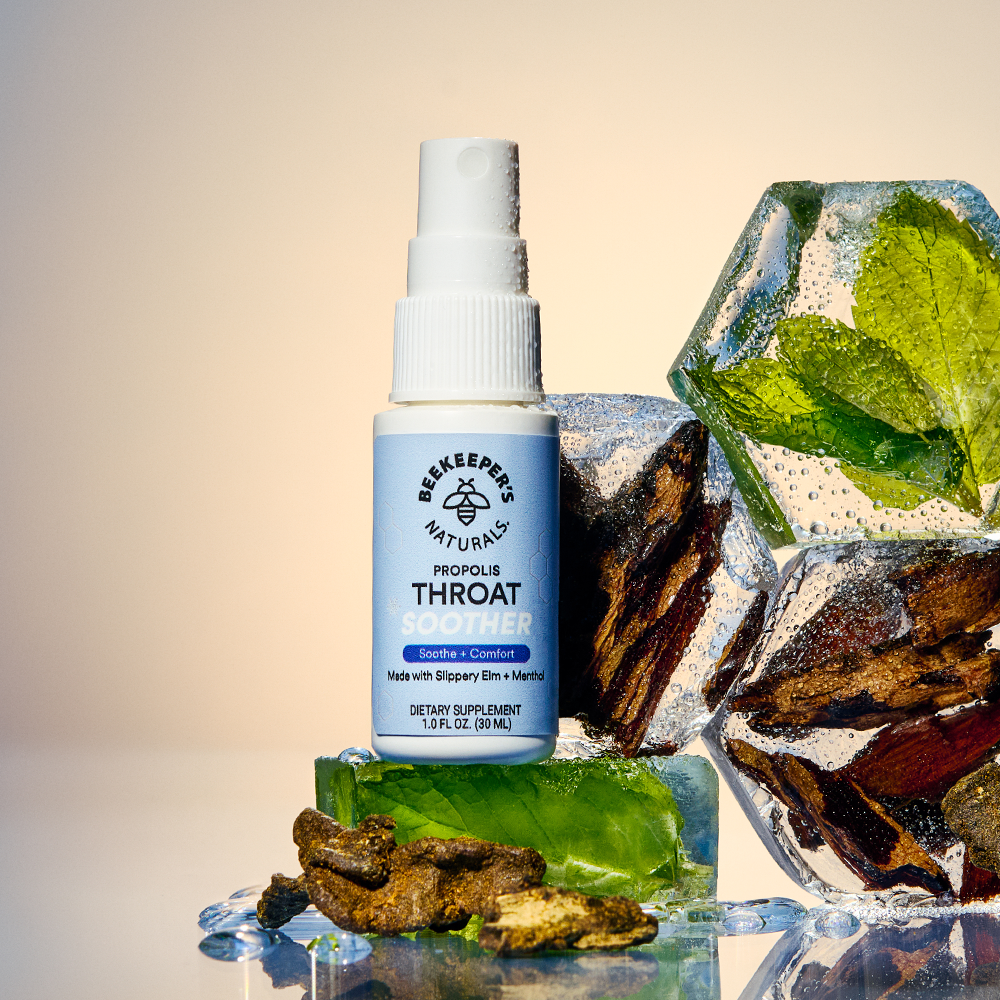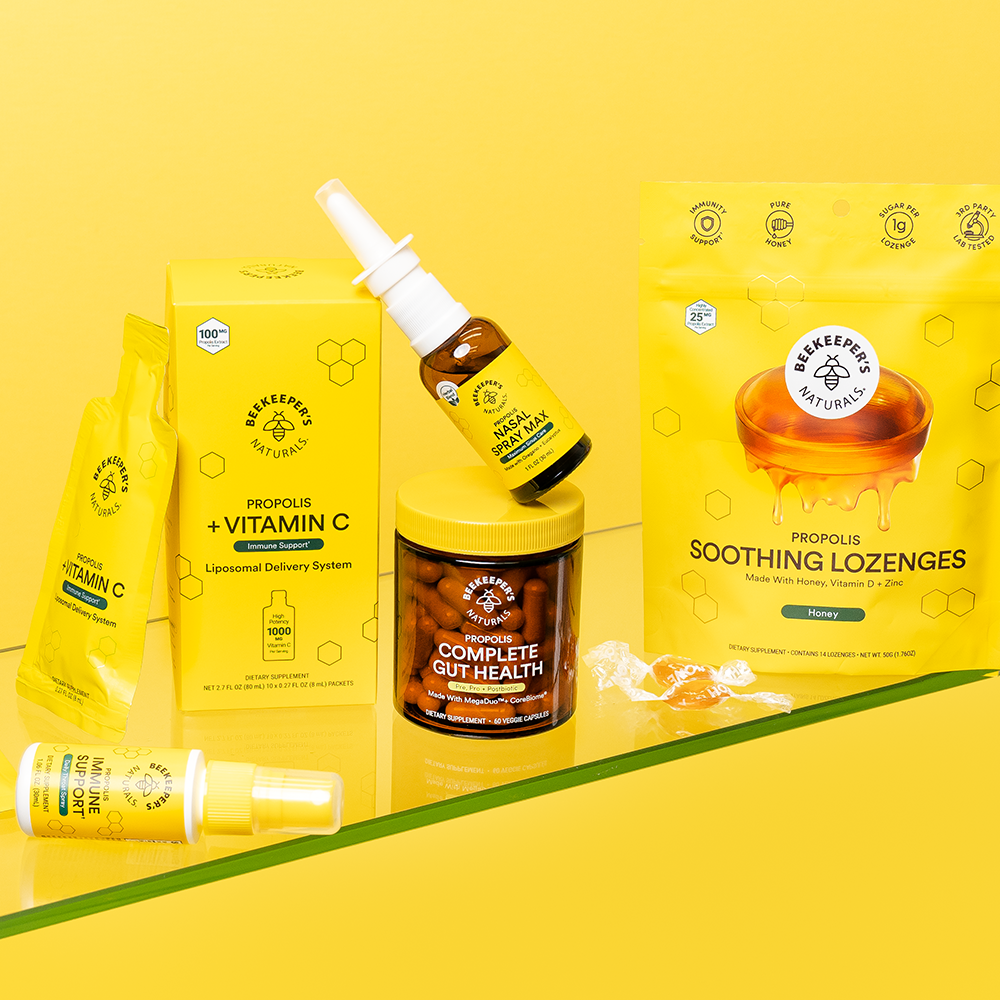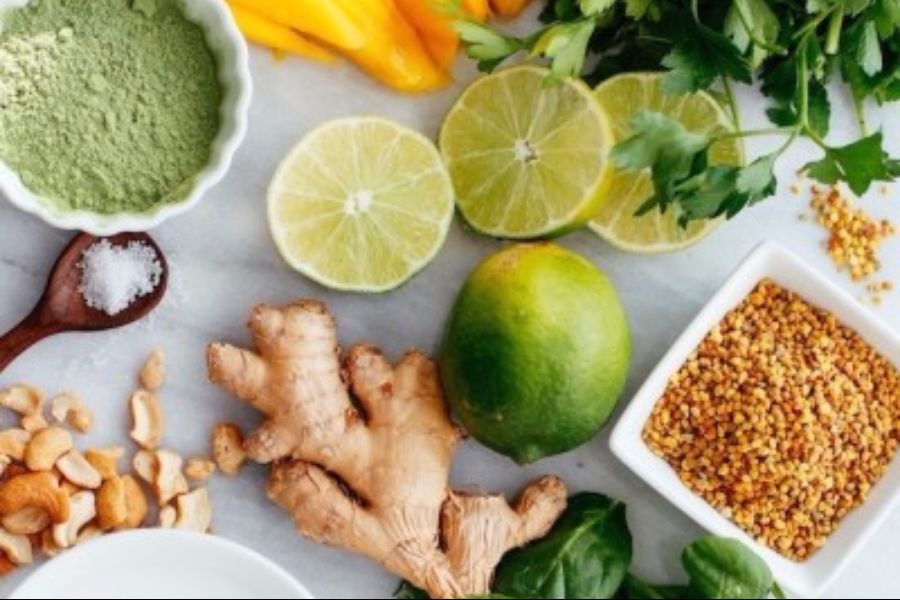Earlier this month we teamed up with the David Suzuki Foundation for their park crawl to drop some knowledge on pollinators and their important role in our world. We had a blast talking about the bees and chowing down on our delicious raw honey, bee pollen and propolis spray and we are still reeling over the passionate and interested members of our community who spent their Sunday hanging with us to learn more about what’s up with the bees and how we can help. We want to share some important info about pollination so you can get on the bee wagon and start making a difference. Take a gander at the info below where we break down the whole pollination thing and remember “Don’t Hate, Pollinate!”
What’s the deal with pollination?
Pollination is the process of transferring pollen from the male part of the plant (the anther) to the female part of the plant (the pistil), enabling the plant to reproduce and create the yummy fruits and veggies we love so much.
Who is responsible for the pollination thing?
Bees, butterflies and many types of other insects and birds act as pollinators enabling plants to reproduce.
How does it work?
Pollination can be biotic or abiotic. If pollination is biotic, it means another organism is needed to help fertilize the plant by helping the pollen get to the stigma – the tip of the pistil. Abiotic pollination is where the plant can pollinate on its own without the without the involvement of other organisms. 80% of all plant pollination is biotic meaning many plants and flowers need help from pollinators like the bees! Cross-pollination occurs when pollen grains are moved between two flowers by wind or animals. Cross pollination is used to fertilize at least 30% of our food crops and 90% of our wild plants.
Plants and animals working together to pollinate
- Nearly 200,000 species of insects and animals act as pollinators.
- Almost 90% of flowering plants rely on these pollinators for fertilization
- In Canada alone, over $1.2 billion worth of horticultural produce depends upon insects for pollination!
- Without pollinator visits to almonds, apples, raspberries, cherries, pumpkins, blueberries, melons, pears, tomatoes, and other fruiting plants, our gardens would look quite bare and our economy would struggle to produce many of the important foods we rely on!






